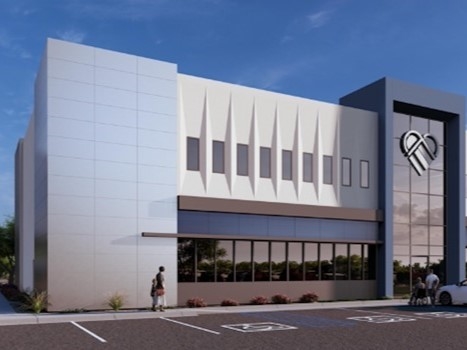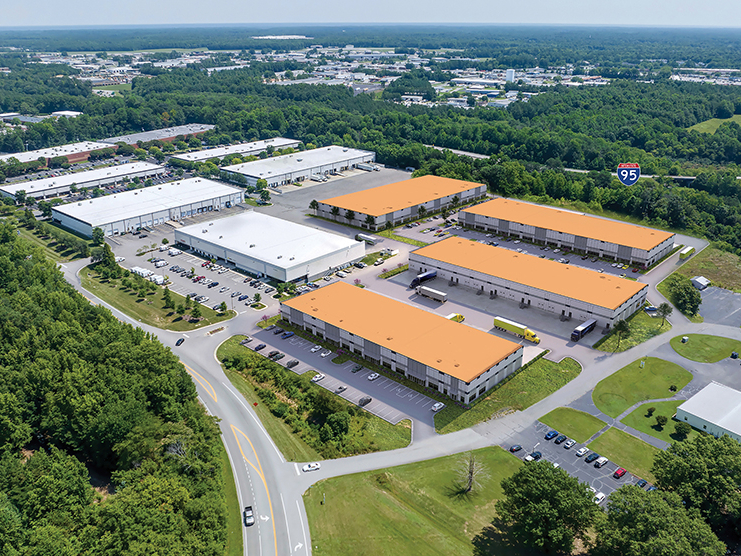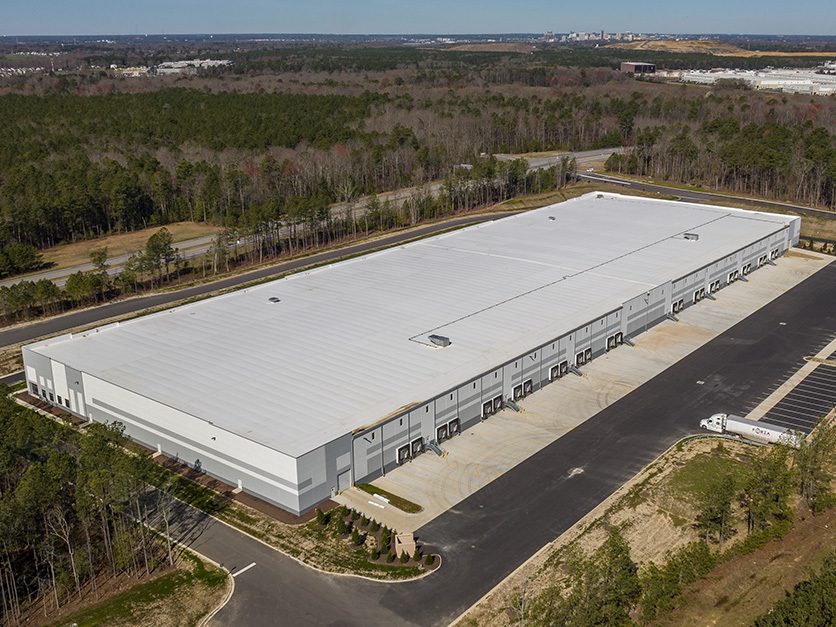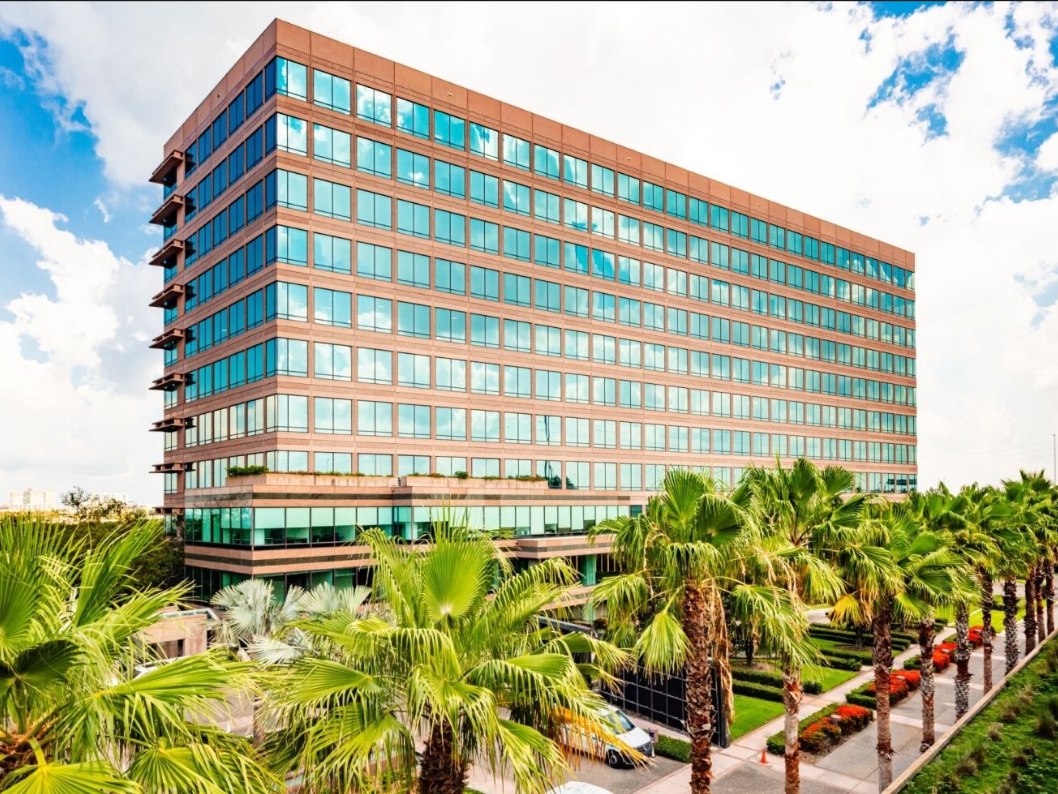Realterm Makes Lending Debut
The firm’s first loan finances an industrial outdoor storage portfolio.
Realterm debuted in the credit space by originating a $70.8 million loan to GreenPoint.

The deal, collateralized by eight properties, covers 163 acres of industrial outdoor storage, as part of a portfolio in Dallas; Houston; Laredo, Texas; Phoenix; San Antonio; Commerce City, Colo.; Detroit and Savannah, Ga.
Lantern Real Estate Advisors + Partners represented GreenPoint in the transaction.
Realterm has been on an IOS run, most recently picking up 2340 Rose Place W. in Roseville, Minn., and joining Titan Development in a deal to build a Class A, 440,300-square-foot industrial project in Laredo.
About a year ago, Realterm took the plunge by acquiring three Northeast outdoor storage truck terminals from Yellow Corp.’s Chapter 11 bankruptcy.
Regional banks’ retreat, high interest rates force move
Realterm’s entry in providing capital is a logical move, according to Ivan Kustic, vice president, MetroGroup Realty Finance.
“Knowledgeable, successful real estate managers, providing capital to various asset classes of properties that they have owned and managed for many years is a prudent move in today’s environment,” Kustic told Commercial Property Executive.
Current yields achieved by short-term capital providers are reasonable risk-based returns, Kustic observed. “Their experience and knowledge of the assets help efficiently execute the lending process. A void has been created by regulated capital sources in the short-term/bridge capital market. We have seen the success of recent entries in this area of bridge type of capital by debt funds, life companies and CMBS lenders.”
According to Robert Wasmund, founder & CEO of Ascent Developer Solutions, the company launched its lending offering to fill a void in customizable and reliable real estate financing amid a market disrupted by quantitative tightening, the retreat of regional banks and high interest rates.
“The rate curves continue to make this a challenging market to transact,” Wasmund told CPE. “A reduction in rates would lead to more supply being available for development.”
READ ALSO: What’s Ahead for CMBS in 2025?
The U.S. government is encouraging greater participation of private capital in the lending industry. As a result, institutions and private real estate companies of all types are venturing into the so-called “private capital” space, according to David Frosh, CEO at Fidelity Bancorp Funding.
“Regional banks remain under significant constraints and face challenges that could persist for years if interest rates do not decline,” he said.
“Enticed by promises of high returns, investors are readily providing the necessary funding,” Frosh added. “Companies like Realterm are increasingly entering this space, bringing entrepreneurial optimism and strong execution skills.”
But while such optimism may serve private real estate investment companies well, lending is a fundamentally different business, Frosh cautioned.
“Unlike real estate investment, lending leaves almost no room for error. Optimists often do not make good lenders over the long term. Successful lenders operate with the assumption that a severe downturn is always imminent. The current wave of enthusiasm around private capital and the significant leverage of this capital should serve as a cautionary signal for those entering the field.”







You must be logged in to post a comment.